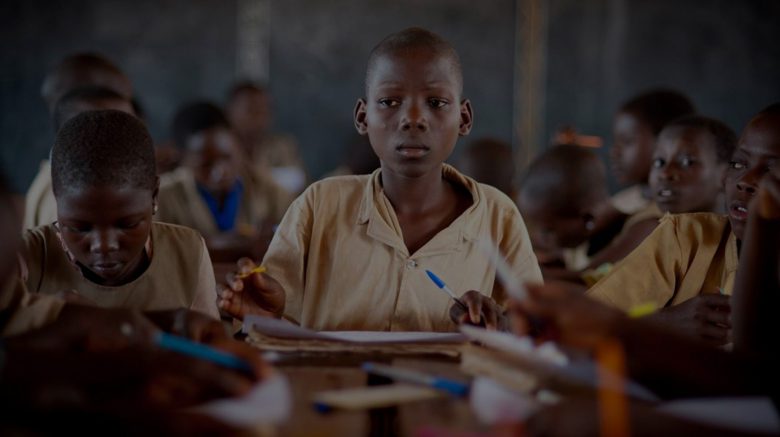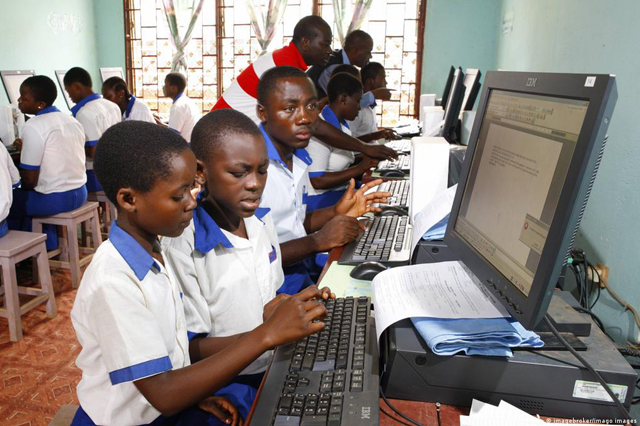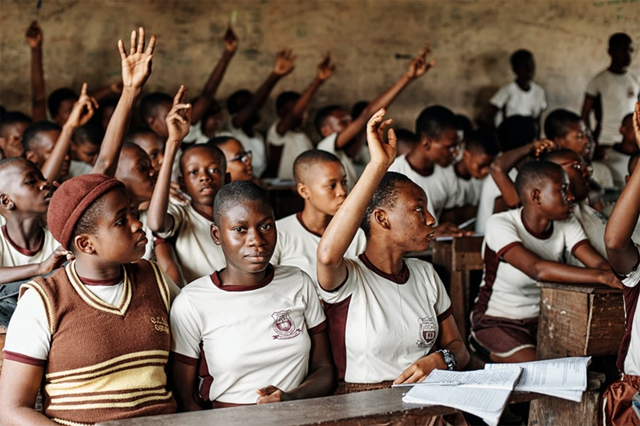Education is a critical priority for Nigeria, as it is for any nation serious about growth and development. Unfortunately, in the past ten years, we have not seen any focus on or dramatic improvement in education throughout the country. Our best efforts at addressing education have put us steps behind our peer nations in all key development indicators. We inadvertently signal to the world that we do not care about the future. Education is a fundamental human right that should be available to all citizens, regardless of socio-economic status or background. This is different in Nigeria. The country’s literacy rate, put at 62% by GlobalData, does not make us competitive among nations and it shows the dysfunctional state of our primary schools.
At this point, we do not need talk, sound bites, and pretension. We need radical reforms backed by action to change the status quo. The Nigerian government needs to take a holistic approach to education reform that focuses on improving the quality of education, increasing access to quality education, and promoting innovation and technology in education. Acknowledged , education is on the concurrent list and local governments have a pivotal role to play in this. The Federal Government still has a responsibility to set the policy direction for the entire country.
The Federal Government still has a responsibility to set the policy direction for the entire country.
“Education statistics in Nigeria are frightening, as the country faces many challenges in providing quality and inclusive education for its large and diverse population..”
― Engr. Kenneth Eze, Director/Founder, SOAI





